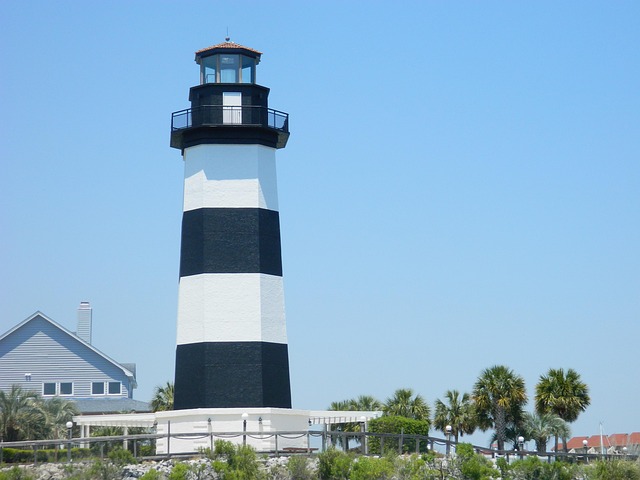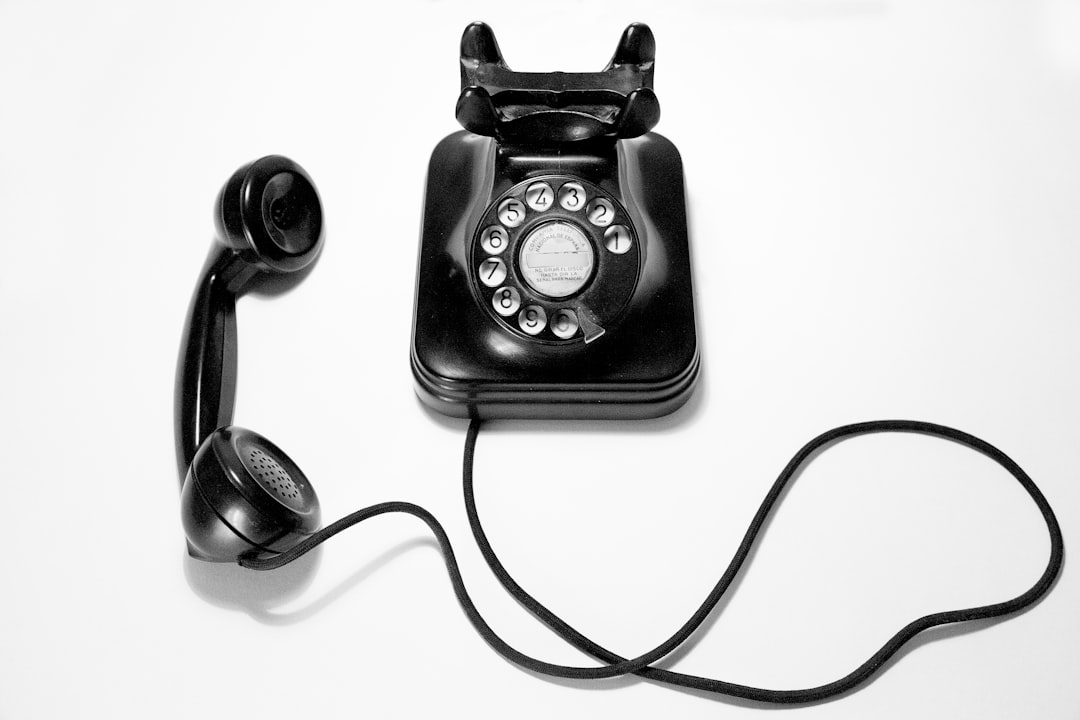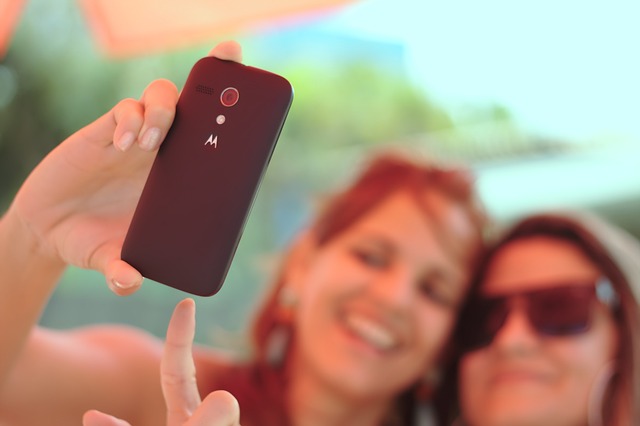Caller ID spoofing is illegal in South Carolina, where strict "Do Not Call" laws protect residents from unwanted law firm telemarketing. These laws prohibit cold calling and require displayed numbers to match the actual call origin, with exceptions for prior consent or business-to-business communications, ensuring consumer privacy and preventing deceptive practices among law firms.
In South Carolina, understanding caller ID spoofing is crucial for both consumers and businesses, especially with the state’s stringent regulations on do not call laws. This article delves into the intricacies of caller ID spoofing in South Carolina, focusing on how the practice differs when targeted at do not call law firms. We explore key rules and exceptions designed to protect consumers while clarifying legal boundaries for businesses, ensuring compliance with local guidelines.
Understanding Caller ID Spoofing in South Carolina
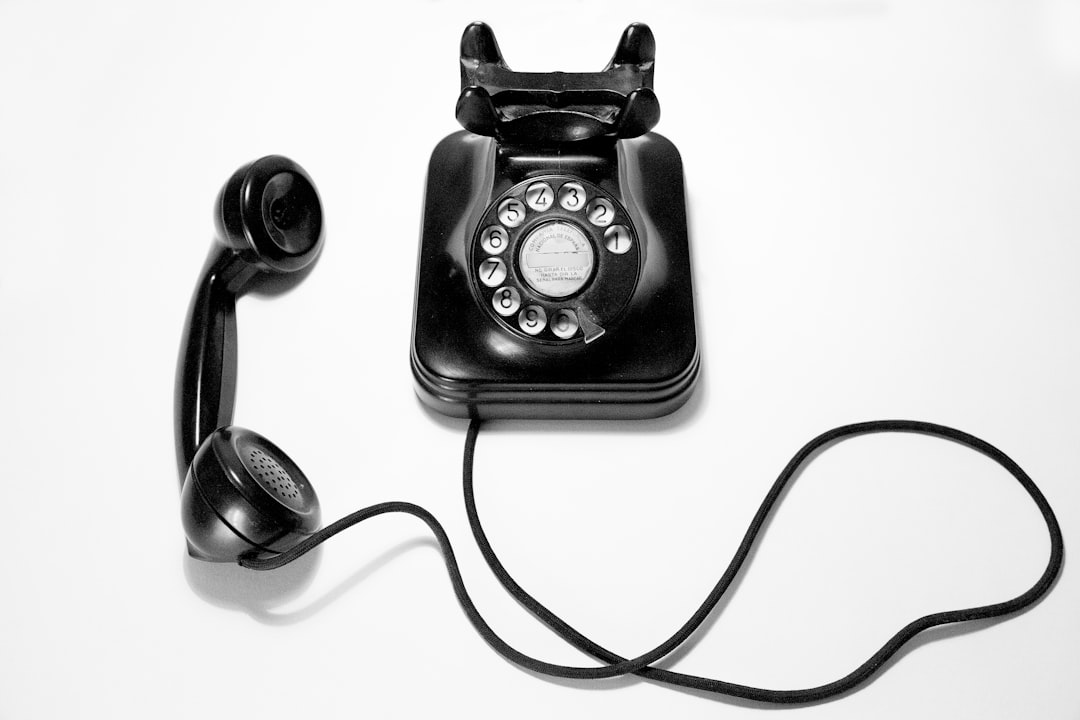
In South Carolina, caller ID spoofing refers to the practice where a caller deliberately misrepresents their identity or location through manipulated phone numbers displayed on the recipient’s Caller ID. This deceptive act has significant implications, especially when targeted at law firms under the state’s Do Not Call laws. The South Carolina Public Service Commission (PSC) regulates these practices, ensuring that consumers are protected from unwanted and misleading calls.
Understanding caller ID spoofing is crucial for both residents and businesses, particularly law firms, to safeguard against potential legal repercussions. By recognizing this issue, individuals can file complaints with the PSC when they receive suspicious or fraudulent calls. Additionally, law firms must stay vigilant in their efforts to combat spoofed calls, as it not only disrupts business operations but also may violate consumer protection regulations, especially when marketing or soliciting potential clients through deceptive means.
Do Not Call Law Firms: State Regulations Explained
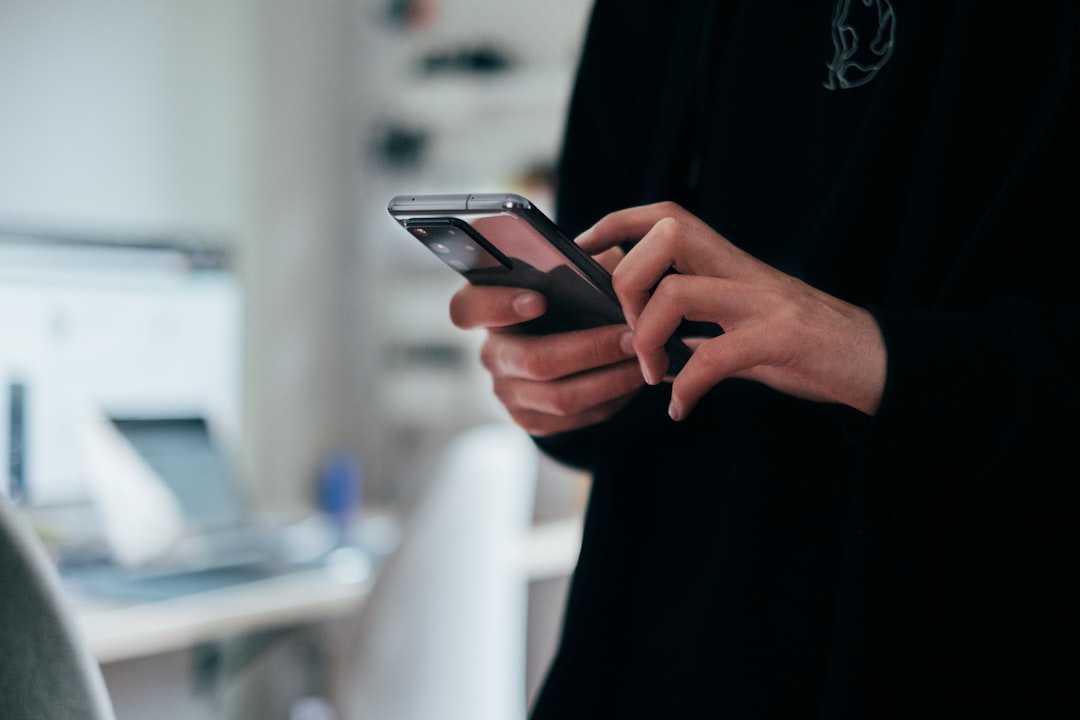
In South Carolina, like many states, there are strict regulations regarding telephone solicitation, including calls from law firms. The state’s “Do Not Call” laws aim to protect residents from unwanted and intrusive phone marketing. Specifically, law firms engaging in telemarketing or cold calling must adhere to stringent guidelines to avoid breaching these rules.
Under South Carolina law, a firm cannot call numbers on the state’s Do Not Call list, which includes those who have registered their numbers for privacy protection. This means that law firms should refrain from making automated calls or using prerecorded messages to any number listed in this registry. Violating these regulations can result in fines and legal repercussions, emphasizing the importance of respecting residential preferences regarding unsolicited calls, especially when it comes to legal services.
Protecting Consumers: Key Spoofing Rules and Exceptions

In an era where communication technology evolves rapidly, protecting consumers from deceptive practices like caller ID spoofing is paramount. South Carolina has implemented specific rules and exceptions to safeguard its residents, particularly when it comes to unwanted calls from law firms. The Do Not Call law in the state offers a significant layer of protection by restricting the ability of law firms and other organizations from making telemarketing calls to consumers who have registered on the “Do Not Call” list.
Key rules include explicit prohibitions against spoofing a caller’s identity, ensuring that phone numbers displayed on caller ID match the actual origin of the call. Exceptions exist for specific types of calls, such as those made with prior express consent or for certain business-to-business communications. These measures aim to strike a balance between facilitating legitimate business practices and shielding consumers from deceptive or annoying phone calls, especially from law firms attempting to solicit services through South Carolina’s “Do Not Call” registry.

